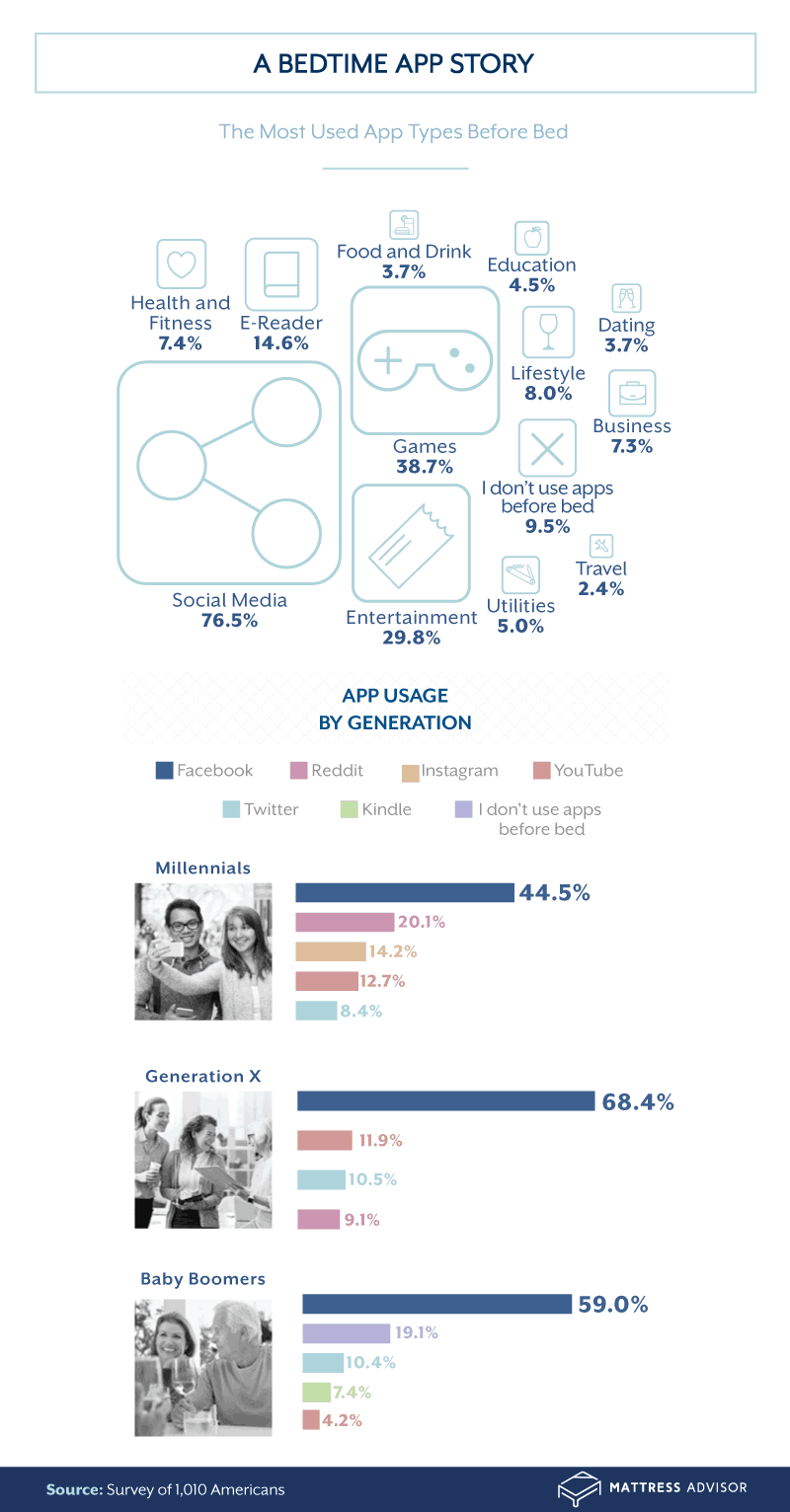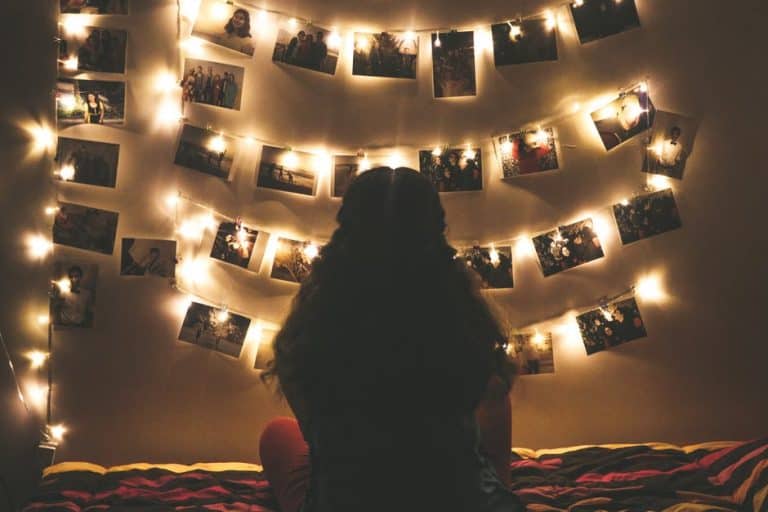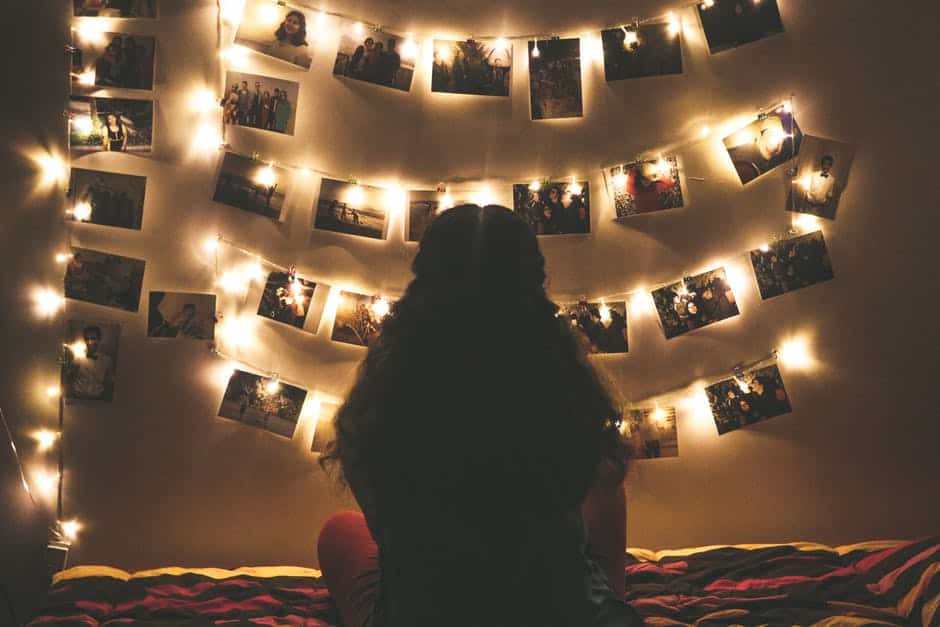When you can’t get to fall asleep easily or fail to sleep through the night, all the tossing and turning means you get up feeling tired and usually, let’s face it, in a very bad mood! The causes of disrupted sleep are endless, including undiagnosed sleep apnea, poor sleeping posture, trying to sleep at the wrong time, or environmental issues. It’s important to get to the bottom of the root causes, otherwise, too many nights sleeping fitfully will begin to have a deleterious effect on mood, alertness, and productivity.
Let’s look at how you can get a better night’s sleep.
Do You Have Sleep Apnea?
Sleep apnea is difficult to self-diagnose, especially if sleeping alone. You may find yourself becoming more tired. Perhaps you’re tossing and turning in your sleep but making sure that you have sleep apnea is a bit difficult. However, when sleeping with a partner, they understand your sleep patterns and experience your snoring and breathing difficulties first-hand.
There are two types of sleep apnea. The first is the most common, indicating some obstructions to breathing. The second type is connected to improper breathing patterns and is perhaps the more serious of the two. You can learn more about sleep apnea at Apneatreatmentcenter.Com if you (or your partner) think that you might be affected.
Are You Going to Bed Too Late?
Sometimes the simplest answer is the right one. If you’re someone who is going to bed after midnight, then it’s hard to get enough sleep. When you need to get up at 6 am or 7 am to get ready for work, you’re simply not getting enough REM sleep. REM sleep is the deeper sleep that has a restorative effect on the body, including healing wounds and letting the mind sort through the previous day’s events.
With too little REM sleep, the body begins to suffer in the same way that a machine without regular maintenance is likely to break down more often.
Learning to go to bed earlier often takes time if you’re used to staying up as a midnight owl. Adjust by 1-2 hours per night to slowly bringing your bedtime back to something conducive to a long, restful night’s sleep. It could take several days to adjust if you wish to get to bed earlier like 9 pm or 10 pm or have been staying up until 3 am and need to totally change that.
Sleep Environment Setup Improperly?
Having a conducive nighttime environment for sleeping is important. If there’s too much light in the room, then getting to sleep could be quite difficult. If the home tends to be noisy with neighbors or family members who aren’t respectful of the fact that you wish to go to sleep early, then they could be waking you up. Avoid using a smartphone or tablet before sleeping or at least use a filtering app that removes colors and reduces display brightness, as these have been shown to make getting to sleep more difficult.

Getting to the bottom of restless sleep is important. Even when you are getting 7-8 hours of shuteye, if you’re waking up every 15 minutes, you will feel exhausted the next morning (ask any parent of a newborn). Whether you have undiagnosed sleep apnea, poor sleeping habits, or a bad environment for peaceful rest, the sooner you do something to improve the situation, the better you’ll feel.



